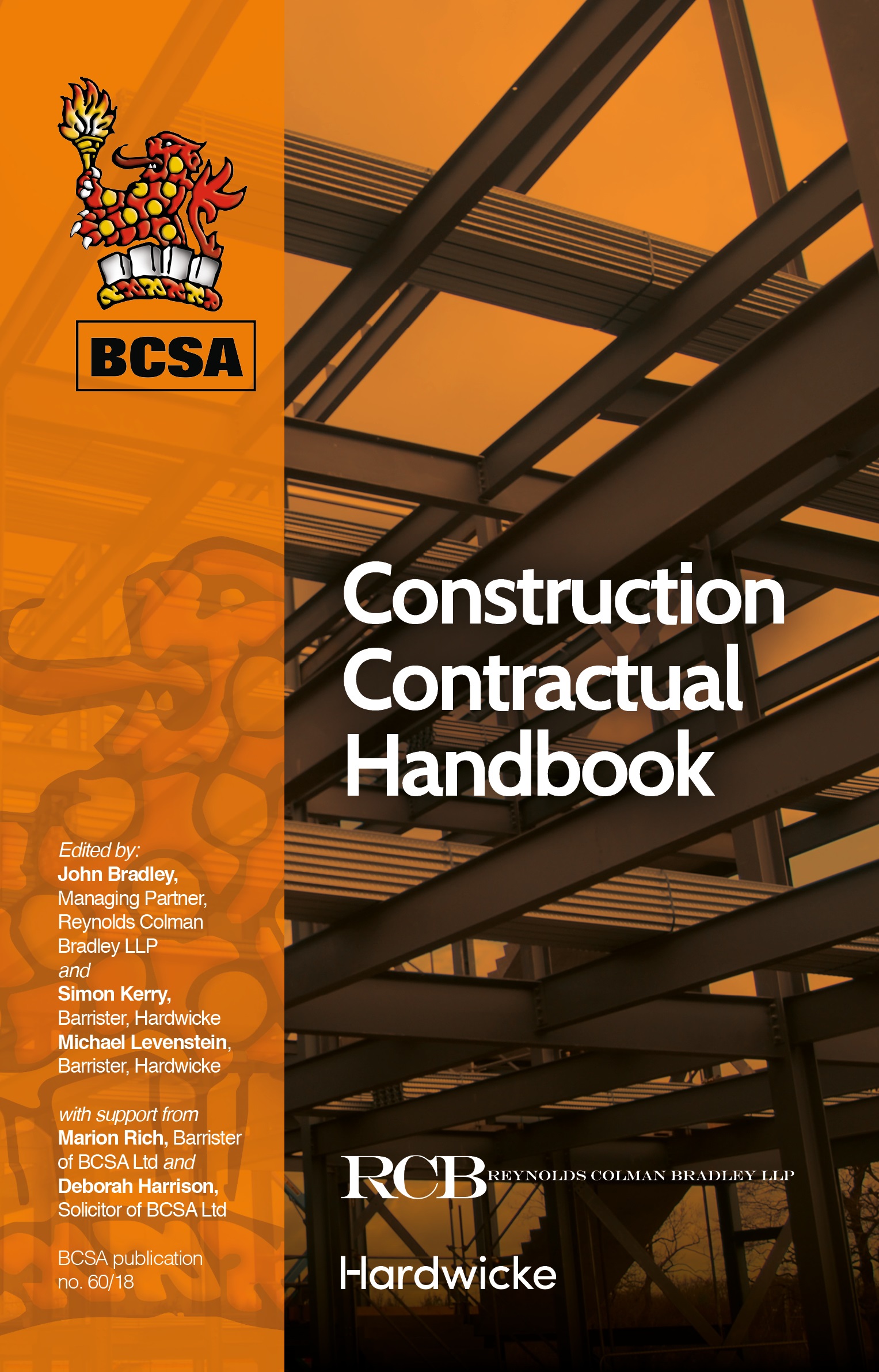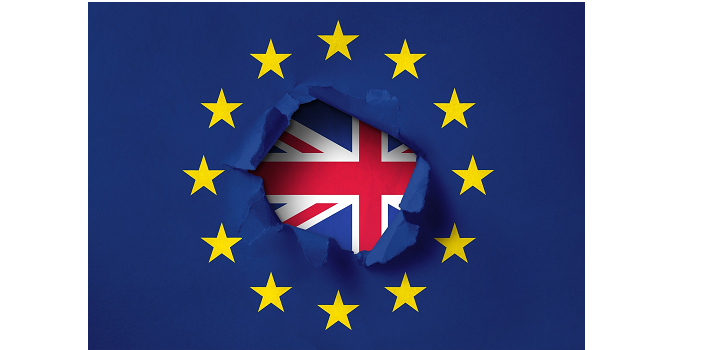by Clair Mooney | Feb 19, 2019 | Main News Feed
In the event of no deal, firms will need to follow different processes for trading timber and timber products. The UK will have its own law for trading timber, which will mirror existing EU rules. Full guidance published by the Department for the Environment, Food and Rural Affairs can be accessed here.
Importing from the EU/EEA
From 29 March, firms will need to show that imports from the EU and EEA have been legally harvested; which is already required when timber is imported from non-EU and EEA countries. This will require firms to:
- gather information on the timber – its species, quantity, supplier, country of harvest and how it complies with relevant laws;
- assess the risk of timber being illegal by applying the legal criteria; and
- mitigate any identified risk through obtaining more information or taking action to confirm that the timber is legal.
If the timber has an import permit under the Convention on the International Trade in Endangered Species (CITES), then the UK will recognise this has been legally harvested.
Exporting to the EU/EEA
If you’re exporting timber to the EU or EEA, you may need to supply documentation about the source and legality of your timber. This is so EU and EEA-based customers can meet the EU Timber Regulation (EUTR) due diligence rules. Due diligence systems will vary business by business.
You will not need to take any additional action at the border because of Brexit.
Monitoring Organisations
The UK will still recognise monitoring organisations based in the UK. These are independent bodies which carry out due diligence on timber. They’ll still support UK timber standards. The UK will not automatically recognise EU or EEA monitoring organisations if there’s no deal. The EU has indicated it will no longer recognise monitoring organisations based in the UK if there’s no deal.

by Clair Mooney | Feb 18, 2019 | Main News Feed
Deadline for Moving Certificates to an EU-27 Notified Body in a No Deal Brexit Scenario
On 29 March 2019, UK Notified Bodies will no longer be recognised by the remaining EU-27 Member States. As such, UK bodies will not be in a position to perform conformity assessment tasks under the CPR. If UK manufacturers wish to continue placing product on the EU-27 market they must either:
- Apply for a new certificate issued by an EU-27 Notified Body, or
- Arrange to have their UK conformity assessment certificates transferred to an EU-27 Notified Body which would then take over the responsibility for those certificates.
EITHER OPTION – THE MOVE MUST BE COMPLETED BEFORE 29 MARCH 2019.
IF THE MOVE IS NOT MADE BY THIS DATE THEN THE PRODUCT WILL NO LONGER BE ALLOWED ON THE MARKET PLACE OF THE EU-27 MEMBER STATES AND A NEW CONFORMITY ASSESSMENT WILL BE REQUIRED.

by Clair Mooney | Feb 18, 2019 | Main News Feed
The must have Construction Contractual Handbook for everyone involved in Construction – 10% discount for FIS members.
For everyone involved in construction, navigating the contractual landscape can be time consuming and difficult. Essential information to help anyone involved in construction contract matters can now be found in the Construction Contractual Handbook. This Handbook is a must have whether you are an employer, developer, project manager, architect, engineer (structural, civil, M&E and others), surveyor (all types), facilities manager, main contractor, subcontractor (all types including specialists), barrister, solicitor, claims consultant, broker, insurer or anyone else involved in construction. It guides parties to make sound judgements, avoid disputes, and run projects on a safer basis. It is also useful for those studying for construction related education qualifications.
Simon Bingham, Chairman of Caunton Engineering Ltd and chairman of British Constructional Steelwork Association’s (BCSA’s) Commercial and Contracts Committee said: ‘As a specialist subcontractor, Caunton Engineering Ltd needs to be aware of unilateral and difficult to spot changes to contracts, and make sure that we remain vigilant throughout the duration of the contract. The Construction Contractual Handbook will be an extremely useful tool for our commercial team.’
The Construction Contractual Handbook is an essential tool which sets out the law and contracts in a compact, easy to follow and accessible way.
The Handbook:
- Includes a reminder about the formation of a contract.
- Contains a chapter explaining some of the most common onerous clauses or changes that subcontractors, main contractors, architects, surveyors and employers might come across.
- Addresses the need to maintain vigilance throughout the duration of the contract, ensuring certificates are issued at the right time, variations and any disputes are properly managed and claims procedures are followed.
- Advises on which contracts to use and includes guidance on the JCT, NEC, DOMs, CECA and the Infrastructure Conditions of Contract.
- Includes chapters on Insurance, Insolvency, Bonds and Guarantees, Termination and Competition Law.
- Includes chapters on Scottish and Irish law.
- Contains useful checklists as a reminder.
The Construction Contractual Handbook is now available for purchase from the Construction Industry Publications (CIP) Bookshop and is priced at £90. https://www.cip-books.com/product/construction-contractual-handbook-5th-edition . To claim your 10% FIS discount use the promotional code FIS when checking out.
CIP offer FIS members 10% discount off a range of their publications from Accident Books to specialised legal contracts using the discount code FIS. Click here for details https://www.cip-books.com/category/fis-range

by Clair Mooney | Feb 18, 2019 | Main News Feed
Are you planning skills training or a professional development courses in the next six weeks? If so we have funding available until 31 March 2019, offering FIS contractor members up to £2.5k in grant funding.
All short duration courses that are construction skills related e.g. Pasma, traffic banksman, commercial awareness for construction, and so on..
Doesn’t include office 365 training, first aid that you typically find across all other industries.
Must be CITB levy payers & FIS members.
Email marieflinter@thefis.org or call Marie Flinter at the FIS office on 0121 707 0077 for details. This will be offered on a first come, first served basis, so act now to avoid missing out.

by Clair Mooney | Feb 15, 2019 | Main News Feed
This week’s EU Exit and Trade update from the BEIS Infrastructure and Materials team covers no-deal immigration arrangements for EEA nationals; simplified import customs procedures; the launch of the UK Mark to replace CE marking; an update on road freight and a reminder on data protection.
UK’s immigration arrangement for EEA nationals in a no-deal situation
On 28 January, the Home Secretary announced the plans for no-deal post exit migration and movement arrangements, including ‘European Temporary Leave to Remain’. This will apply to people arriving in the UK after 29 March in a no-deal scenario, not to those already here at that date. For EEA nationals already in the UK at that point, please refer to guidance on the Settlement Scheme. For proposals for the Immigration System post-2021, please look here.
A summary of the key facts:
- EEA citizens will be able to enter and leave the UK as they do now to visit, study and work (staying up to 3 months);
- the initial 3 months’ leave to enter for EEA citizens will be free of charge but applications for European Temporary Leave to Remain will be paid for. Fees will be set out at a later date;
- EEA citizens arriving in the UK who wish to stay longer than 3 months can apply for European Temporary Leave to Remain- they will be subject to identity, criminality and security checks before being granted permission to stay for three years;
- non-EEA family members who wish to accompany an EEA citizen under these arrangements will need to apply in advance for a family permit;
- Irish citizens will not need to apply for European Temporary Leave to Remain and will continue to have the right to enter and live in the UK under the Common Travel Area;
- European Temporary Leave to Remain does not give rights forthe EU Settlement Scheme mentioned above.
Guidance is available here and in the accompanying factsheet.
Simplified import customs procedures for no-deal
HMRC has announced that businesses will be able to use simplified customs declarations and postpone payment of duties under a Transitional Simplified Procedures (TSP) scheme if there is a no-deal Brexit (but there will still be additional information needed for controlled goods). The measures will apply to most businesses importing from the EU at roll-on-roll-off-ports. The measures would come into place from 29 March and be reviewed after 3 to 6 months. Businesses will be given 12 months’ notice if they are to be withdrawn. These transitional simplified procedures reduce the amount of information you need to give up front in an import declaration when the goods are crossing the border and also by deferring the payment of duty.
There are four key actions for traders:
- Register for Economic Operator Registration and Identification (EORI) number if you haven’t done so already at www.gov.uk/hmrc/get-eori.
- Check the guidance to see if you qualify and check which ports TSP applies to: www.gov.uk/hmrc/eu-simple-importing
- If it will work for you, sign up for TSP online.
- If tariffs apply to the goods that you import and you want to use TSP you will need to apply to defer any duties payable (HMRC will provide further details on this very soon) and have a financial guarantee by 30 June 2019 for any duties deferred
If you’re exporting, register for the National Export System at https://www.gov.uk/guidance/export-declarations-and-the-national-export-system-export-procedures
Non-VAT registered businesses should also go to www.gov.uk/hmrc/trade-with-the-eu for changes that affect them.
Prepare to use the UK Mark
On 2 February the Government published the design for the UK marking that will need to be affixed to certain products sold in the UK in the event we leave the EU without a deal. This would replace the CE marking. The CE marking is placed on specific products to show that they are compliant with the relevant EU regulatory requirements. In most cases the CE marking can be applied to products tested by the manufacturer. For some products, there is a legal requirement for the product to be assessed by a third-party assessment body (usually a ‘Notified Body’) to confirm they meet relevant the requirements. In a ‘no deal’ scenario, the EU will stop recognising the competency of UK-based Notified Bodies to assess products for the EU market.
Maintaining Access to the UK Market: The Government intends to reclassify UK Notified Bodies as UK Approved Bodies. These bodies will be eligible to assess products against relevant UK requirements and issue the new UK marking to compliant products to be sold on the domestic market. In most cases, manufacturers would not need to use the UK marking immediately in the event of the UK exiting the EU without a deal. Instead, manufacturers will be able, for a period of time, to continue to use the CE marking when placing their products on the UK market if their product meets the relevant EU requirements. This would include products that have had any necessary third-party assessment carried out by an EU-recognised body. The Government would consult businesses before taking a decision on when this period would end. However, for products subject to conformity assessment by a UK Approved Body, manufacturers will be required to affix a ‘UK Mark’ to the product to demonstrate compliance with requirement. To check whether you will need to use the UKCA marking please read the guidance on trading goods regulated under the ‘New Approach’ if there’s no Brexit deal.
Maintaining Access to the EU Market: Products being exported to the EU that currently require the CE marking will continue to require the CE marking to demonstrate compliance with the relevant EU requirements. UK manufacturers placing products on the EU market that require the CE marking will need to get their products assessed and marked by an EU recognised conformity assessment body or could arrange for assessments to be transferred to an EU recognised body before the UK leaves the EU.
Guidance on the use of the UK marking can be found here.
Road freight update
The Government will continue to license UK hauliers to the same high safety, environmental and operating standards as at present, and will require foreign hauliers operating in this country to do the same. Legislation about to be put forward by the Department for Transport will provide for continued access to the UK market for hauliers from the 27 EU member states in a no deal scenario. Over 80% of haulage between the UK and continental Europe is undertaken by EU hauliers.
On its side, the European Commission has proposed legislation that would allow UK hauliers basic rights to conduct operations to, from and through the EU for a limited period of nine months after exit, if there is no deal. The Commission’s proposal will need to be agreed by the European Council and European Parliament, and is being considered by both institutions urgently. This proposal is predicated on the UK granting equivalent access for EU hauliers here and the legislation mentioned above provides for that access. Depending on the outcome of these discussions, we will review the UK’s offer to EU hauliers.
The Government does not expect and has never intended to rely solely onEuropean Conference of Ministers of Transport (ECMT) permits for UK hauliers after we leave the EU.
On 25 January, The UK signed an agreement with Switzerland on the international carriage of passengers and goods by road. The agreement will ensure UK hauliers and commercial bus drivers can continue to drive to, from and through, Switzerland after the UK leaves the EU, as they do now. Further information can be found here.
Data protection
In the event that the UK leaves the EU on 29 March 2019 without a deal, UK businesses will need to ensure they continue to be compliant with data protection law. For UK businesses that operate internationally or exchange personal data with partners in other countries there may be changes that need to be made ahead of the UK leaving the EU to ensure minimal risk of disruption. For those that would be affected, early action is advised as changes may take some time to implement.
How personal data currently moves across the border
- Personal data is protected by the GDPR. This gives individuals rights over their data: to know who has it, to correct it, to delete it, to move it. Etc.
- The GDPR says that data can only be moved across borders if equivalent protections exist in the country where the data is going.
- At present personal data can cross borders as follows:
-
- Where it remains in the EU (because all EU countries must apply GDPR)
- Plus EEA states: Norway, Iceland, Lichtenstein, and other UK territories like Gibraltar.
- Countries where the EU Commission has determined there are adequate protections: Andorra, Argentina, Canada (commercial organisations), Faroe Islands, Guernsey, Israel, Isle of Man, Jersey, New Zealand, Switzerland, Uruguay and the United States of America (limited to the Privacy Shield framework) as providing adequate protection.
- If none of the above apply, such as when we send personal data to India, or Australia, then the data can only be sent where there are “standard contractual clauses” (SCC) or “binding corporate rules” (BCR).
- SCC and BCR essentially extend the GDPR rights to data moved to a third country jurisdiction.
- To note: SCC only covers certain data transfer relationships and BCR only cover data transfer within a single company.
What do businesses need to do?
They need to understand their data flows. Do they have affected cross-border personal data flows? Have they put in place Standard Contractual Clauses or Binding Corporate Rules?
The government published advice for business in September 2018:
https://www.gov.uk/government/publications/data-protection-if-theres-no-brexit-deal
The ICO (information Commissioner’s Office) provides some useful information:
ICO advice – good starter document with some links to more info
ICO Leaving the EU Six Steps – A breakdown of steps to take to prepare for EU exit
ICO tool for working out if SCC will work for you





